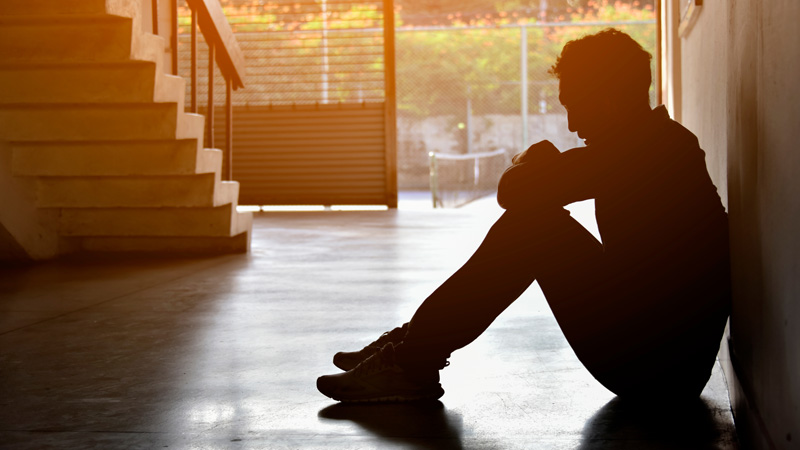Home > School Related Issues
Coping with Violence in Schools
Ensuring children’s safety is of utmost importance in any and all school settings. Unfortunately, violence in American schools has been on the rise for nearly a decade.
Adequate procedures must be in place and regularly practiced to properly safeguard the students. While years ago, schools would have regular natural disaster drills (i.e. fire drills, hurricane drills…etc.) now active shooter drills are a common precaution most schools have had to integrate into their safety and security protocols.
In addition to the rising violent crimes occurring in school settings associated with guns, there has also been an upsurge in smaller-scale violent crimes. School violence encompasses various types of violence that occur on school property. Sexual harassment, bullying, physical abuse (i.e. pushing, shoving, hitting…etc.) and verbal abuse are examples of some of the types of school violence that are not uncommon. There are several different provisions schools take in order to minimize the presence of school violence. For example, many schools are now taking precautions such as metal detectors upon entry in attempts to avoid the presence of weapons on school grounds. There are also a myriad of school resources available for students that may have been exposed to school violence with which to help them cope.

Academic Setting Support
Every academic setting differs and allocates fluctuating resources to student support. It is highly common for most academic settings to employ (at the very least) a social worker to help children navigate the challenges associated with being an adolescent. When habitual school violence is present, typically more resources become available to students. In situations where a mass shooting or other larger-scale violence occurs, many schools will employ teams of mental health professionals to be available to serve both the students and staff of the school. Many schools across the country have a zero tolerance for school violence. Furthermore, students that have been involved in partaking in school violence are strictly disciplined and in some cases expelled.
Outside School Support
Bearing witness to school violence can leave a student with an abundance of emotional turmoil that can be challenging to navigate. While many schools provide some level of support to those students in need, additional assistance can be beneficial. Every person is different and each child will have nuanced and unique needs. That said there are a number of ways a parent can provide extra support for their child.
It is imperative for a parent to keep an eye out for the warning signs associated with anxiety, depression, stress and/ or fear. Foster an open line of communication with your child. Making time to connect with your child on a regular basis can help create a safe space for them to share their feelings, which in turn will provide a parent with a window into their emotional state. Regardless of the type of school violence a young person may have experienced it is essential to keep a stable and safe home environment.
Children look to adults as role models. It is for this reason that it is crucial to exhibit healthy choices and practice self-care. Modeling healthy eating habits, integrating regular exercise, and obtaining ample sleep can help your child make similar choices and restore his or her sense of security and normalcy. Additionally, being your healthiest self will enable you to care for your child at your highest potential.
Coping with violence can be extremely challenging, and it is imperative to keep in mind that there is an entire network of mental health professionals completely dedicated to helping a child navigate this type of trauma. If there is any point that you feel ill equipped in providing adequate support for your child do not hesitate to reach out. There is no harm in obtaining guidance from a mental health professional when it comes to providing the best support for your child.
For Information and Support
Seeking help is never easy, but you are not alone! If you or someone you know is in need of mental health treatment, we strongly encourage you to reach out for help as quickly as possible. It is not uncommon for many mental health difficulties to impact a person for the long term. The earlier you seek support, the sooner you and your loved ones can return to happy, healthy and fulfilling lives.
References
Brock, S.E., Nickerson, A.B., Reeves, M.A., Jimerson, S.R., Lieberman, R.A., & Feinberg, T.A. (2009). School crisis prevention and intervention: The PREPaRE model. Bethesda, MD: National Association of School Psychologists.
Cowan, K., and Paine, C., (2015). School safety: What really works. Principal Leadership, 13(7), 12.
National Association of School Psychologists, “Helping Children Cope with Terrorism,” (2015) www.nasponline.org.

